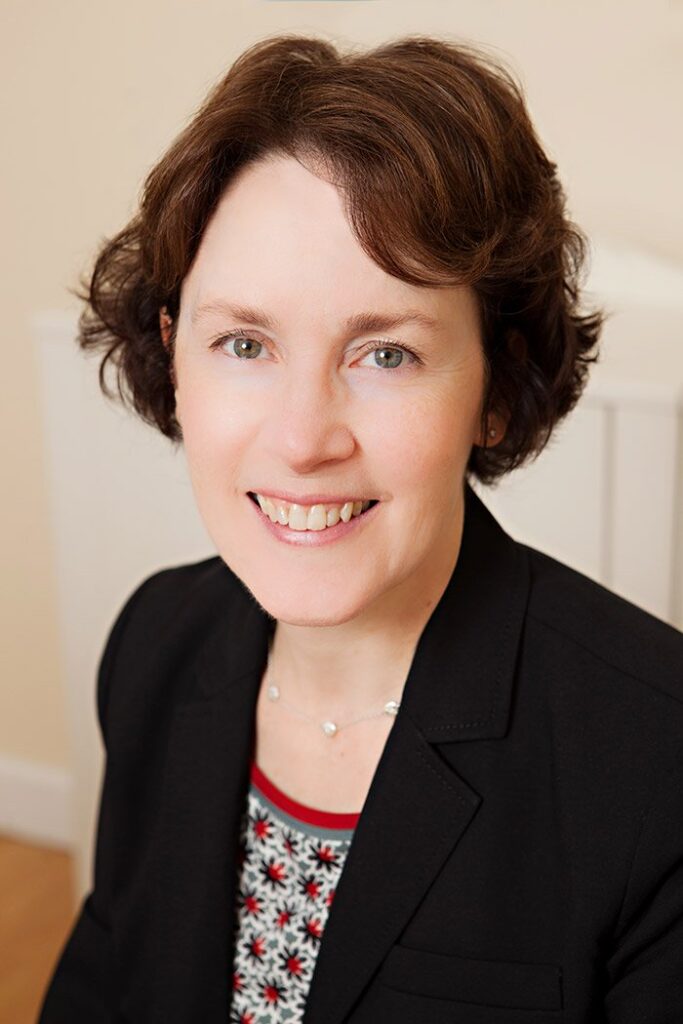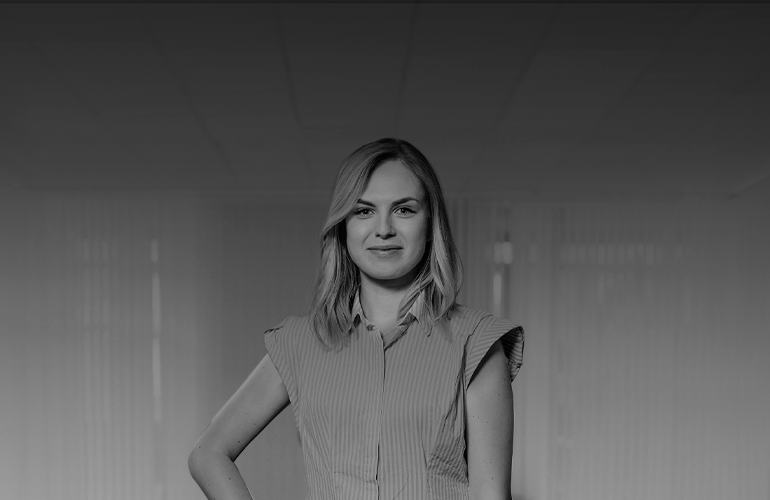
The way to become an ideal tester. Interview with Karen N. Johnson
Karen N. Johnson is an independent software test consultant. Her client work is often centered on helping organizations at an enterprise level. In recent years, she has helped companies transitioning to Agile software development. While focused on software testing and predominantly working with the testers throughout an organization, Karen helps teams and organizations improve quality overall. Her professional activities include speaking at conferences both in the US and internationally. Karen is a contributing author to the book, Beautiful Testing by O’Reilly publishers. She is the co-founder of the WREST workshop, the Workshop for Regulated Software Testing. She has published numerous articles; she blogs and tweets about her experiences. Find her on Twitter as @karennjohnson (note the two n’s) and her website.
a1qa: Karen, you are an independent consultant. Can you explain why you chose this field?

Karen N. Johnson: My last full-time position was unrewarding and steeped in office politics. I wanted a change. I wanted more changes and more variety and thought if I was working as a consultant or a contractor I would naturally encounter changes more often. I also wanted more control over the work I had by being able to choose contracts. I had heard from other independent consultants that they encountered less office politics, as they were not in the same office day after day with the same people having to deal with some of the petty politics that can build up over time. All of this has ended up being true.
Usually the biggest fear or concern I hear from people who would like to work as an independent consultant is their fear of having an uneven income, followed by the fear of not knowing what will come next. All of this is also true. So I advise people who ask me – What is your tolerance level for these challenges? If you have some doubts to your tolerance for uneven income and unknown project workloads as well as not knowing what clients you will be working with – then realize these things before attempting to work as an independent consultant.
Both full-time employee positions and being an independent consultant have pros and cons. Figuring out which of these situations you are better equipped to handle – and what your current family life is like are important factors in choosing what is right for you at that time in your life.
For me, I would work as a full-time employee again; it would just have to be the right situation.
a1qa: Starting a new consulting assignment, what challenges do you face most often?
Karen N. Johnson: Great question. The two most likely challenges I’m walking into are:
1) Something is already not working well and there is pressure to get things figured out and figured out fast; and
2) Working as a consultant means people expect you to ascertain what the issues are and how to remedy those issues quickly. When a fulltime employee is hired, there is a sense of “Well, let them come up to speed and don’t expect instant fixes,” but this is never the situation for a consultant. A number of times, I have had Vice Presidents and Directors debrief me by the end of my first day, and they are not looking for insights on the obvious issues; they want more, they expect more. What is interesting to me is that after having worked at more places for shorter periods of time, often issues are easier for me to discern more quickly. In other words, the more I consult, the faster I am able to make assessments and provide valuable feedback. Frankly, this is the part I enjoy tremendously – being able to work with executives and rapidly clue into the issues in their environment and advise and work to remedy those issues. I hadn’t realized this when I ventured out to work independently but I am keenly aware of this now: I truly enjoy helping and assisting executives and as it turns out, I’m pretty good at doing that.
As a side note, if you don’t think you would enjoy these types of time and insight pressures, don’t think about working as a consultant. Working as a contractor – someone who comes onsite and handles project work – might be a better fit, but consulting and contracting are not the same. I happen to work as both or times even as a bit of a “hybrid” between a consultant and a contractor.
To clarify I use the following as distinctions between the terms “consultant” and “contractor.” A consultant is hired to advise and provide guidance while a contractor is hired to accomplish specific work. This is not to say a consultant might not complete a certain body of work but they are primarily being sought to advise and they are being sought as the specific person that they are – for example, I want to hire Karen Johnson to come and advise (or consult) us on our test strategy. This is a consulting situation. Contrast that situation with: We need to hire someone who can come in and build a test strategy, direct the team and get this product shipped. In this second scenario, I may advise an executive of insights but this is not the primary reason I’m being brought in. Also note, I am not being brought in by my name or who I am – I just happen to be a good fit for the project work. This situation describes contracting.
Those are my definitions; others may distinguish the roles differently. When I meet other people who work independently, I ask them: What type of engagements do you work on? What is your business model? I’m less interested in titles than I am in understanding how someone works and under what conditions I might consider referring work or recommending them.
a1qa: You are interested in continuous learning. If a junior software tester asks you “How can I become an ideal tester?”, what would you advise?
Karen N. Johnson: I do get asked with some frequency: what should I learn next? It is a question that amuses me as I have no immediate answer or advice without knowing someone’s background or knowing what they are working on or want to be working on. But there are some comments I can make.
What background or knowledge do you believe you are missing? What could you learn more about to be more effective at the work you are doing? Let me give an example: When I was working in performance testing, I needed to acquire more math and statistical knowledge (or at least I believed I did), in order to do a better analysis of the data. I knew that, I knew that instinctively. I also knew that I had a “thin” background in math and statistics so this wasn’t so surprising to me. I was good at performance testing because of my ability to build up and simulate a production load and I was good at looking through weblogs to figure out how to model production. But my limited math background was a handicap. In that situation, I didn’t need more performance tool training; I needed more math and statistics. So you need to dig in deep in your background and figure out where those gaps are – this is what makes learning a personal journey. In software testing, it is not a case of “read these 20 books and you will have all you need.” Instead, it depends on what you are testing and what your background is and finding the gaps where you can strengthen your knowledge.
a1qa:You have been involved in the software testing industry for many years and have extensive experience. From your personal point of view how has the field of software testing changed? What tendencies you observe?
Karen N. Johnson: Years ago, I felt isolated as I was the only software tester I knew – anywhere. When I stumbled into (at the time) STQE magazine (which is now Better Software), I was happy to find other testers and a profession that I had joined but didn’t know existed. In the beginning of my career, the software testing conferences and workshops were the only places to connect with other testers. Today, there is Twitter and about a half dozen or more monthly newsletters. I see the testing community as having grown and matured as well as having become better connected. I don’t need to travel to reach colleagues in far-flung places and with Twitter; I can reach hundreds if not thousands of testers and other professionals within minutes if not seconds. There are also many more women in software testing than there were two decades ago. And on the whole I see the community as a much more globally connected profession.
Karen thanks for the interview and sharing your thoughts. We`ll be glad to talk to you again.







